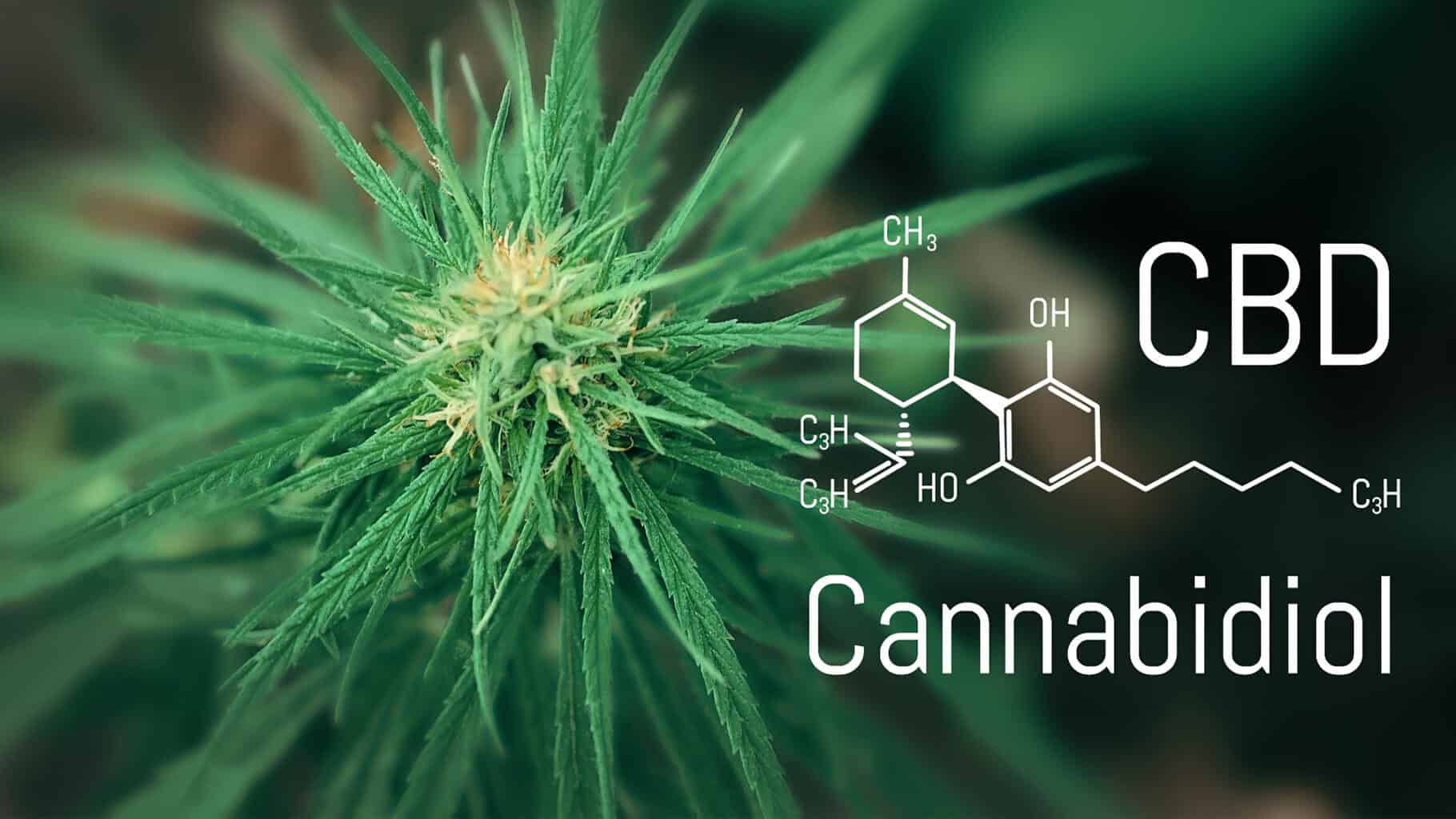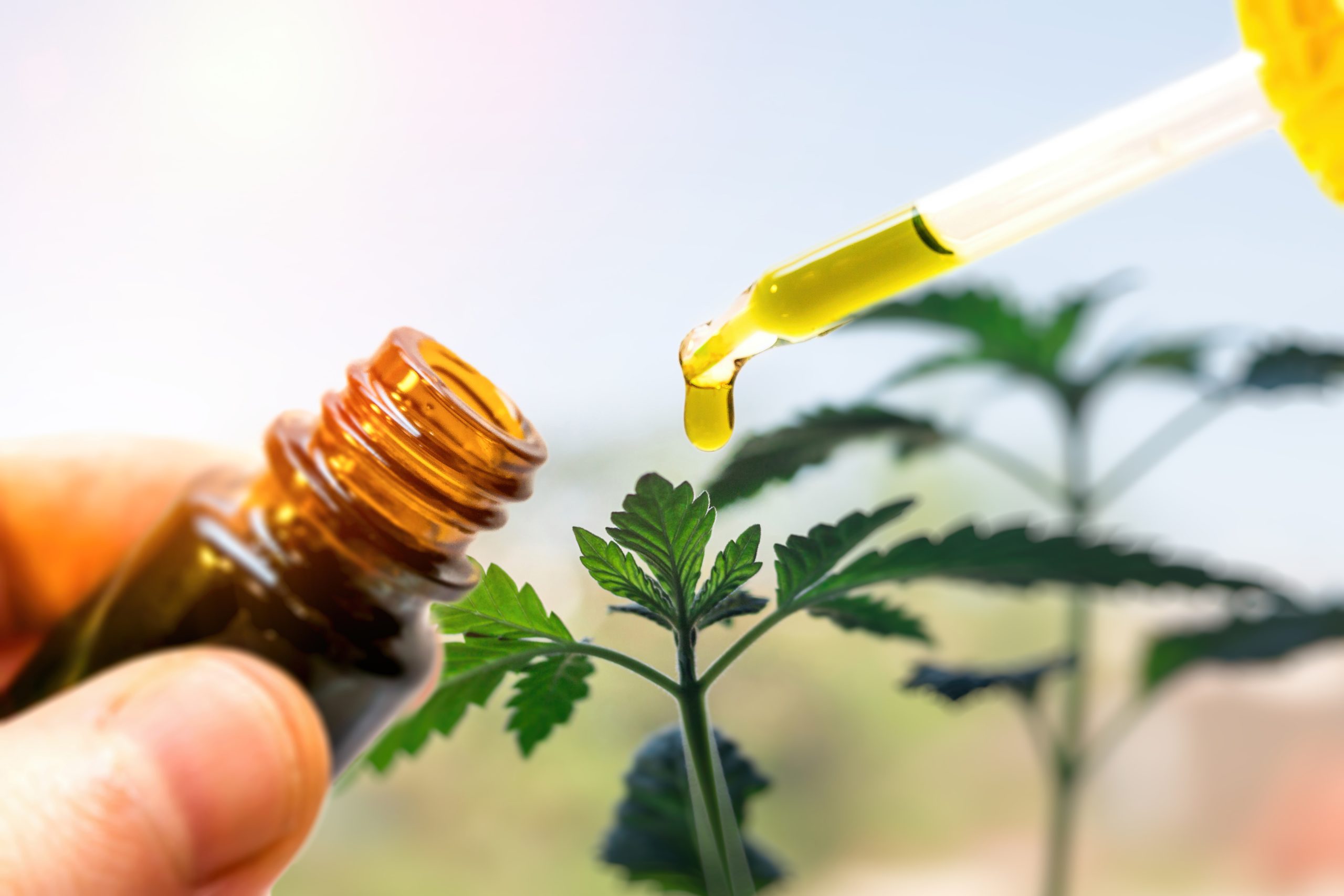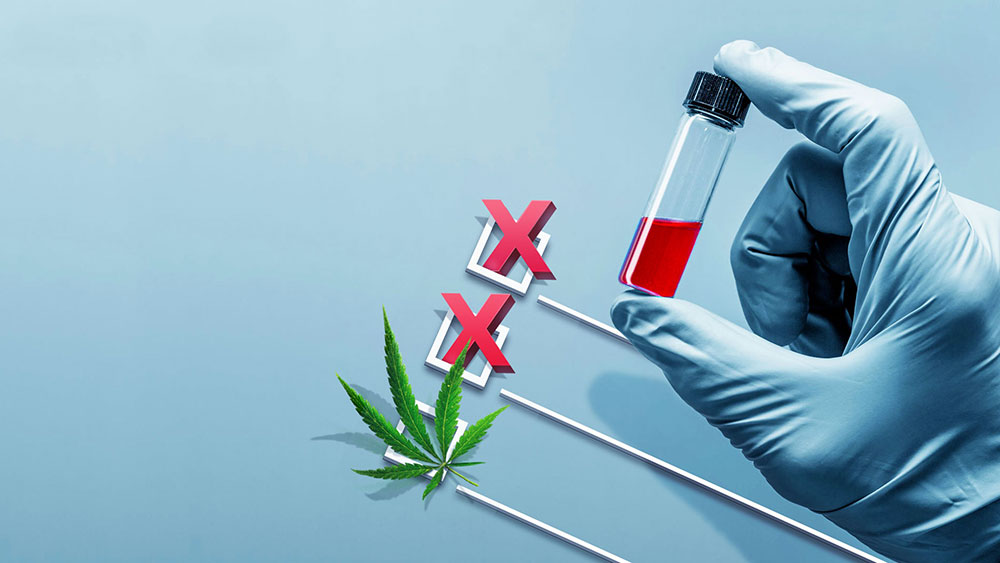Is CBD Addictive

Introduction
CBD (cannabidiol) has gained significant attention for its potential therapeutic benefits, but there are often questions and concerns about its addictive properties. This comprehensive guide aims to provide a thorough understanding of CBD’s addictive potential, exploring the scientific evidence, addressing common misconceptions, and highlighting important considerations for CBD users.
Understanding Addiction
- Definition of Addiction – Define addiction and distinguish it from substance use and dependence.
- Mechanisms of Addiction – Explain how addiction affects the brain’s reward system and the role of neurotransmitters.
CBD and Addiction: Exploring the Evidence
- CBD vs. THC – Clarify the difference between CBD and THC (tetrahydrocannabinol), the psychoactive compound in cannabis known for its addictive potential.
- CBD’s Non-Addictive Nature – Present scientific evidence and studies suggesting that CBD itself is non-addictive.
- Interaction with the Endocannabinoid System – Discuss how CBD interacts with the body’s endocannabinoid system and its potential therapeutic effects.
Studies on CBD and Addiction
- Animal Studies – Summarize animal studies that explore CBD’s effects on addictive behaviors and substance abuse.
- Human Studies – Present findings from human studies investigating CBD’s potential as a treatment for addiction, including substance abuse disorders and nicotine addiction.
CBD’s Potential Benefits for Addiction
- Substance Abuse Disorders – Explore the potential role of CBD in managing symptoms associated with substance abuse disorders, such as withdrawal, cravings, and anxiety.
- Nicotine Addiction – Discuss studies investigating CBD’s impact on nicotine addiction and its potential as a smoking cessation aid.
Misconceptions and Considerations
- CBD’s Lack of Psychoactive Effects – Reiterate that CBD does not produce psychoactive effects like THC, which are often associated with addictive substances.
- Quality and Regulation – Highlight the importance of choosing high-quality CBD products from reputable sources to ensure purity, potency, and safety.
- Individual Variations – Address the fact that individual responses to CBD may vary, and some individuals may be more susceptible to addictive behaviors than others.
Legal Status and Regulations
- Legal Status of CBD – Provide an overview of the legal status of CBD in different regions and countries, emphasizing the importance of adhering to local regulations and guidelines.
- THC Content – Explain that CBD products derived from hemp contain minimal levels of THC, ensuring compliance with legal limits and minimizing the risk of psychoactive effects.
Conclusion
Summarize the key points discussed in the guide, emphasizing that CBD itself is non-addictive based on current scientific evidence. Highlight the potential benefits of CBD in managing addiction-related symptoms and its role in ongoing research. Remind readers to seek professional advice and consult with healthcare professionals for personalized guidance regarding CBD use and addiction concerns.
Closing Note
While CBD has shown promise in various therapeutic areas, including addiction, it is crucial to remember that individual responses may vary. CBD should be used responsibly, and individuals should adhere to legal regulations and consult with healthcare professionals when incorporating CBD into their wellness routines. By staying informed and making informed choices, individuals can explore the potential benefits of CBD while mitigating any concerns related to addiction.
Additional Resources and Support
- Provide a list of reputable sources and organizations that offer further information and support for individuals seeking help with addiction or CBD-related inquiries.
- Include helpline numbers and websites for addiction support services that can provide guidance and assistance to those in need.
Debunking Common Myths and Misconceptions
- Address the misconception that CBD can lead to addiction by providing scientific evidence and clarifying the distinction between CBD and addictive substances.
- Discuss the importance of responsible CBD use, including adhering to recommended dosages and consulting healthcare professionals.
Conclusion
Summarize the key points discussed in the guide, emphasizing that CBD itself is not addictive based on scientific research. Highlight the potential benefits of CBD in managing addiction-related symptoms and providing support during the recovery process. Remind readers that addiction is a complex issue and should be addressed with professional help and support. Encourage individuals to make informed decisions about CBD use, seek guidance from healthcare professionals, and prioritize their overall well-being.
Closing Note
Understanding the addictive potential of CBD is crucial for individuals considering its use for various purposes. By dispelling misconceptions and providing accurate information, this guide aims to empower readers to make informed decisions about CBD without undue concern about addiction. However, it’s essential to recognize that addiction is a complex issue, and professional help should be sought when needed. Always consult with healthcare professionals and follow legal regulations when incorporating CBD into your lifestyle.



